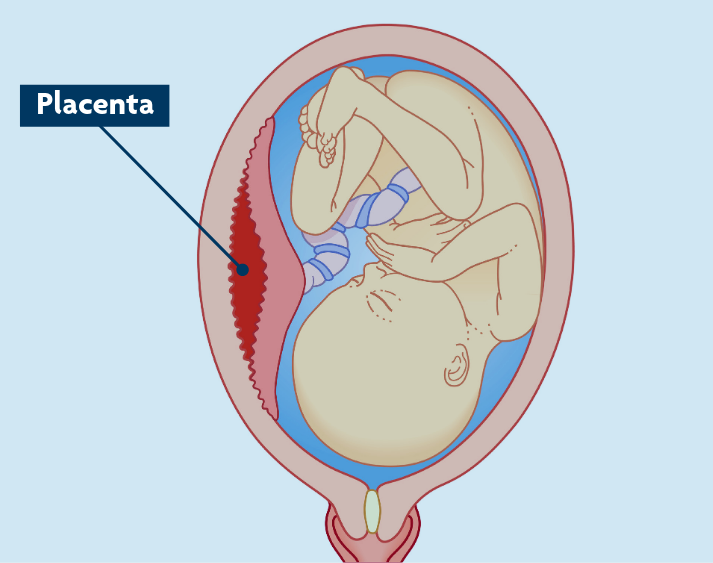
The placenta is truly powerful. During your pregnancy, it helps your baby grow. After your baby is born, you can provide hope and healing for others by making the choice to donate your placenta through a participating hospital. This gift can be life-changing for patients with severe wounds, traumatic burn injuries, and dental issues. Placenta can also be directed toward research projects to better understand how to treat diseases like cancer. One donation can help 75 people or more.
There is no cost to you or your insurance with placenta donation, and all information and records are kept private.
LifeNet Health currently offers placenta donation in Northeast Florida and select hospitals in Virginia. For more information or to contact us, please select "Get Started."
Frequently Asked Questions
- To reduce pain, inflammation and scarring for difficult-to-heal wounds such as diabetic ulcers and severe burns
- To help advance research to better understand diseases, like cancer, and how to treat them
- It can also be used in many surgical procedures such as in sports medicine and dental procedures
Any expectant mother 18 years of age or older who meets eligibility requirements can donate her placenta.
No. Choosing to donate your placenta poses no risk to you or your baby.
Yes. The stem cells in the cord blood are not part of a placenta donation. Donating your placenta will not impact your ability to save or donate cord blood.
No. All expenses related to placenta donation are the responsibility of LifeNet Health and its affiliated agencies.
- Complete a brief consent form and medical history questionnaire
- Provide a blood sample. In most cases, the sample is collected during the admission for delivery.
Frequently Asked Questions
- To reduce pain, inflammation and scaring for difficult-to-heal wounds such as diabetic ulcers and severe burns
- To help advance research to better understand diseases, like cancer, and how to treat them
- It can also be used in many surgical procedures such as in sports medicine and dental procedures
Any expectant mother 18 years of age or older who meets eligibility requirements can donate her placenta.
No. Choosing to donate your placenta poses no risk to you or your baby.
Yes. The stem cells in the cord blood are not part of a placenta donation. Donating your placenta will not impact your ability to save or donate cord blood.
No. All expenses related to placenta donation are the responsibility of LifeNet Health and its affiliated agencies.
- Complete a brief consent form and medical history questionnaire
- Provide a blood sample. In most cases, the sample is collected during the admission for delivery.
- If the phone number is prominent on this web page, should we just remove this question. Otherwise, we’ll just list the 800#.

